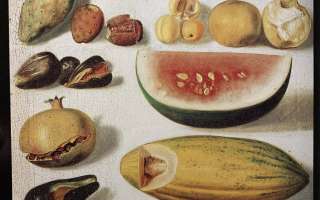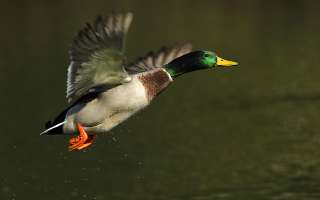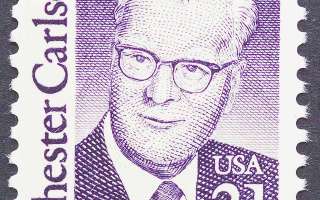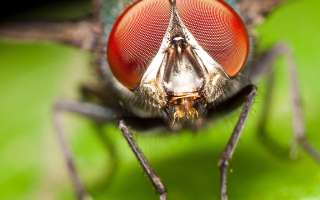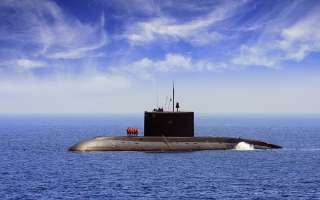Who, what, where, when, why & how? Our online science magazine for kids tries to answer all your questions on science, environment, earth, geography, health, living beings, exploration and discoveries. You will find features on shooting stars, ocean depths, dinosaurs, satellites, ham radios, hiccups, and much more. Enter this fascinating kids science zone and find the answers to all your questions about the world around you.
210 items in this section. Displaying page 5 of 21
Why Do Plants Bear Fruit?
Do you like fruits? Have you ever wondered why plants produce fruits? Is it only because nature wants you to enjoy eating its fruits and sing its praises? The answer is no. Plants are much smarter than what you think they are. They actually use human beings, animals and birds who eat their fruits to propagate their kind. In other words, disperse their seeds. The fruit serves as a mother’s womb where the embryo of a baby plant is nurtured....
How do Ducks Stay in Water and not Get Wet?
When you get out of the swimming pool or bathtub, you are soaking wet. Had you been a duck, you would be swimming in water and yet not look really wet. It sounds crazy, but it’s true. The secret lies in the layer of smooth feathers, which keeps the water out and also helps the duck float. Moreover, these smart ducks make a kind of oil, which they spread on their feathers with their beaks. And since oil and water do not mix, the water just rolls off their bodies....
Who Invented the Photocopying Machine?
We have all used it at one time or another to copy our school documents, or parts of a book borrowed from the library, or just about anything we wanted a copy of. It’s just a matter of pressing a button of the xerox machine and hey Presto! a piece of paper comes out at one end, an exact duplicate of the document we needed copied! However, when the invention was first patented, nobody wanted anything to do with it....
Why Do Stars Twinkle?
Watching stars on a moonless night can be an quite an interesting experience. As clusters of stars take familiar forms – of a bear, a man in armor wielding a sword, millions of other stars simply twinkle. As if they were playing hide and seek with one’s eyes. We all know that each star is actually like the sun. And the huge collection of stars on the night sky is like a collection of many, many suns....
Why does Milk spill over when it Boils?
How many times have you seen milk boil and spill over, and wondered why this happens? To answer this question we have to know a little more about the composition of milk. Milk and its composition Unlike water, milk is not a simple liquid. It is a colloid and contains many substances in suspended form. These substances are mainly protein, sugar and fat. When milk is heated slowly, the proteins and fat get separated. Since they are lighter than the milk they collect on the surface in the form of a layer called cream....
Where Did Shoes Come From?
Ooh, aah, ouch! People in ancient times must have yelped like this when they walked on rough ground without any shoes on. And it was probably the pain and discomfort that propelled them to cover their feet for protection. Footwear has a history which goes back many thousands of years, and has long been an article of prestige for people in different societies. Where Did Shoes Come From? [Illustration by Anup Singh] The earliest footwear, probably made of plaited grass or rawhide held to the foot with thongs was undoubtedly born of the necessity to provide some protection when moving over rough terrain in varying weather conditions....
Why do Flies have Compound Eyes?
Just like a man woos the woman he loves, takes her to nice restaurants, buys her presents, and courts her to impress her before marriage, animals too choose their mates through courtship. Since animals cannot do all these, they do it differently. Some animals put up a colourful display, while others give little gifts to their beloved – a choice worm, a designer nest and so on. A few species display their love through a series of grunts and others, like the Saurus crane or the stickleback fish, perform an intricate courtship dance....
How does a Submarine Work?
Jules Verne in his science fiction, 20,000 Leagues under the Sea, mentions a ship, Nautilus, which could dive beneath the waves and surface again when it wanted to. Even before submarines were thought about, Verne had created the blueprint of this technological marvel. Not only did he describe the machine, but he also explained, in great detail, how it worked. In fact, today’s submarines use exactly the same technology as Verne’s Nautilus did! How does a Submarine Work?...
Who or What is a Gladiator?
It all started in ancient Rome. The most brutal sport that has ever existed in the history of the world was the fights between gladiators. The ‘sport’ traces its roots to the custom among the Etruscan people, a civilisation in Italy that existed before the Roman civilisation. At the death of the master of the house, servants would duel to the death for the right to follow their owners in death and provide help and company....
How Does Ice float?
A cool glass of water topped with huge chunks of ice is sure to quench your thirst on a hot summer day. But, before you guzzle the water, look at how the ice floats on the water surface. How do these large ice pieces manage to stay afloat? Ice floats because it is less dense than water. (If you take a one-litre container with ice and weigh it, it will be lighter than a similar container with water....
